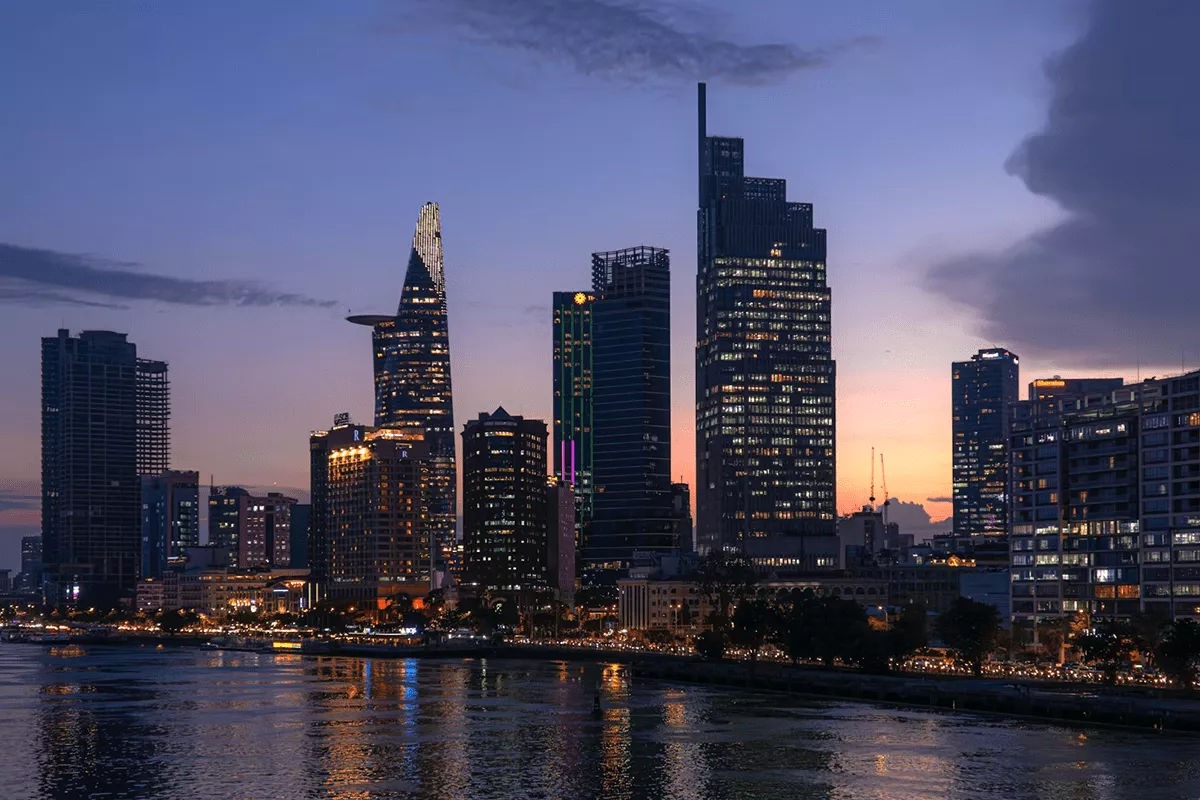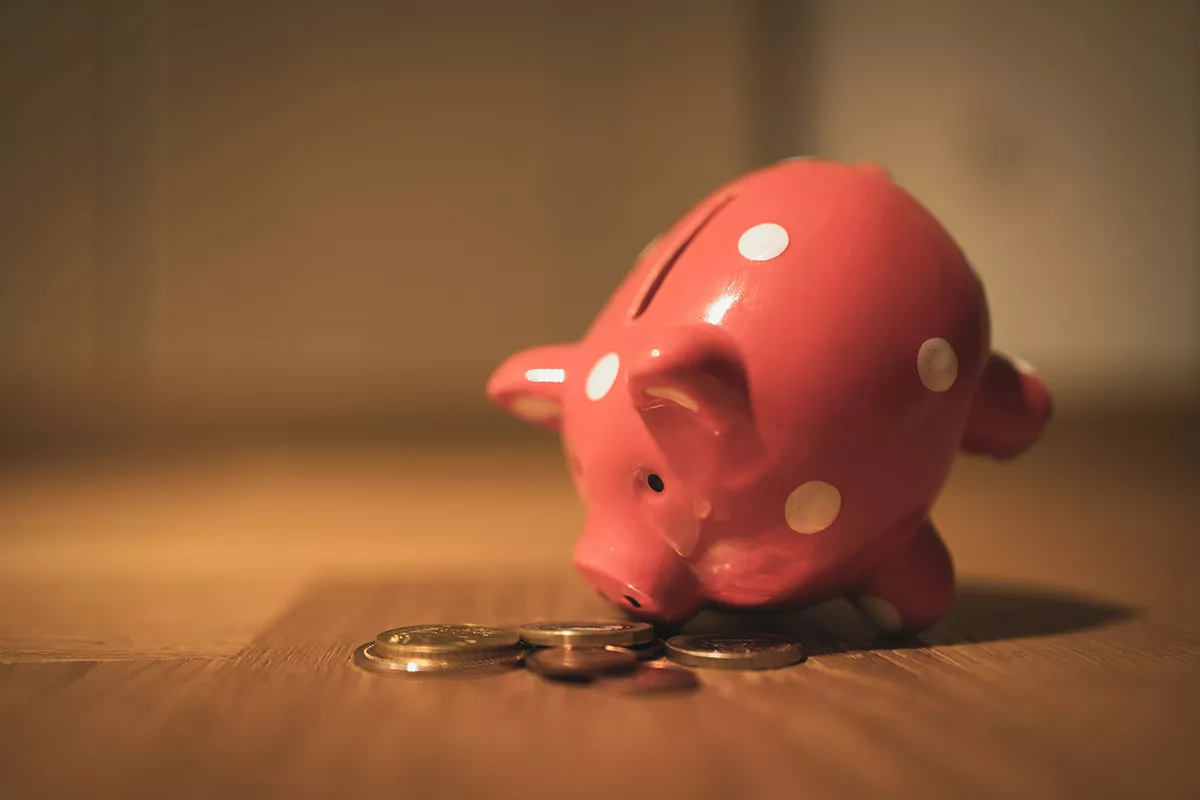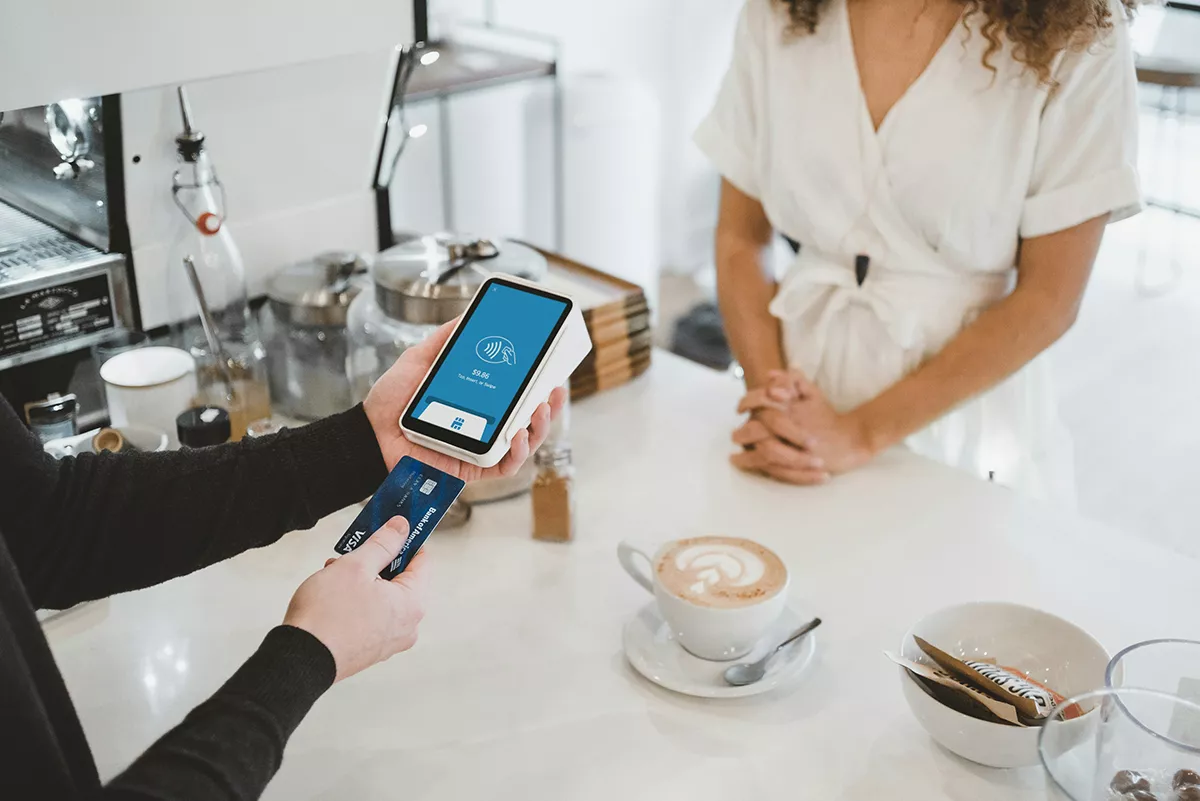At this time in your life, you may already be balancing a lot: launching your career, helping out at home, and maybe even saving for a big dream–like a trip to Japan or owning a cozy condo. But in all that hustle and ambition, there’s one goal you might be overlooking: preparing for life’s unexpected expenses. One minute, you’re chilling with your favorite K-drama, and the next, you’re facing an urgent hospital trip, sudden car repairs, or a flooded apartment.
This is why building a financial cushion or emergency fund is one of the smartest money moves you can make. It will give you breathing room when things go sideways. If you’re not sure where to start, here’s how:
Table of Contents
Toggle1) Have a Clear Goal and a Simple Plan
Saving for a beach trip, or a new laptop while your current one is still working? Those are great goals. But your emergency fund should come first. Think of it as your financial armor—something you hope you never need, but you’ll be glad it’s there when things get rough.
The ideal target is saving at least three to six months’ worth of your regular living expenses. If you spend about PHP 20,000 a month, aim to shoot for at least PHP 60,000 to PHP 120,000. That might sound daunting at first, but breaking it down to smaller goals or milestones will help.
For example, saving PHP 5,000 a month means you’ll hit your minimum goal in just over a year. If that amount is still not feasible, go for a smaller amount. The key here is to begin now and stay consistent. Don’t wait until you “have enough” to start.
2) Find a Reliable Source of Credit as a Backup
Your emergency fund should always be your go-to. But having a backup can add an extra layer of security, especially if you’re still building your savings. Consider signing up for a credit card or a virtual credit line for a quick means to borrow money. Some credit solutions may not be ideal for everyday spending because of the high interest and fees, but they can be a helpful lifeline during a true crisis as long as you understand the terms.
Before applying for either a credit card program or a virtual credit line, take some time to do your research. Join online finance groups to learn what is the best credit card in the Philippines based on real user experiences, get the details on virtual credit line programs like Maya Easy Credit, or ask friends for recommendations. You could also explore financial comparison platforms to get the information you need. Regardless of what type of lifeline you choose, look for a transparent fee structure, manageable interest rates, and responsive customer service.
3) Adopt a Gig Mindset
If your salary barely covers your expenses, finding extra cash to save can feel impossible. In this case, side hustles can be a viable option. Luckily, the Filipino gig economy is thriving. You have countless ways to earn on the side. You’ll have the best chances if you take the time to evaluate your skills, hobbies, and network and see how these can factor into the best choice of hustle.
Say you’ve got a creative side; why not sell handicrafts, artwork, or freshly baked pastries at bazaars? You can also offer digital services like content writing or graphic design on freelancing sites, or sign up on specific platforms dedicated to particular types of gig work–a platform for tutoring English as a Second Language (ESL) students online, for example. Even an amount like PHP 2,000 per month can make a big difference when put into your emergency fund.
4) Practice a “Save First” Mindset
A lot of people save what’s left after spending. But if you flip that mindset—saving before spending—you’re more likely to build meaningful savings. For example, instead of using all of your 13th month pay or a performance bonus for gifts or a shopping spree, commit to saving at least half. It’s extra money you weren’t counting on, so why not let it work for your future? Over time, your “save first” habit will become like second nature and feel all the more rewarding for it.
5) Cultivate Smarter Spending Habits
Building a cash cushion for your emergency fund may not always mean needing to earn more. It can also mean spending less. One way to take control of your expenses is to identify those small, frequent purchases that add up over time.
When you have a clear idea, you can then make small, manageable changes to lessen them. For example, cook at home a few times a week instead of ordering takeout every day. You could also limit Grab rides by walking or taking public transport. Even canceling unused subscriptions (like that third streaming app you barely use) can free up valuable funds.
This is not about depriving yourself, but making conscious choices. You don’t have to give up all your wants; just learn to prioritize them. The more mindful you are about your spending, the faster your savings will grow.
6) Follow a Simple Tracking System
Tracking your progress is also important. You don’t need an elaborate spreadsheet; a simple note on your phone or a budgeting app can be enough to track how you’re doing. Equally important are your opportunities to celebrate your milestones. Doing so may give you a sense of accomplishment and encourage you to stay consistent.
A tracking system will also help you stay on top of your goals and adjust as needed—because, like emergencies, life can change quickly as well. You could get a raise or a new gig, for example. Use your extra income to increase your savings.
Remember that you could also suddenly have an emergency and dip into your fund before you achieve your goal. Knowing that, prioritize replenishing it right after.
Long-Term Peace of Mind Starts Now
Building an emergency fund might not be the most exciting financial goal, but it’s one of the most empowering. It means you won’t have to borrow from friends or rely on expensive loans when life throws a curveball. You’ll be ready, whether your phone breaks, your dog gets sick, or you lose your job unexpectedly.
Start today, start small, stay consistent, and trust the process. You’re not just saving money; you’re also working towards peace of mind and financial freedom, one deposit at a time.
Eric Robrigado works in digital marketing, but when he’s off the clock, you’ll find him hiking scenic trails, snapping nature shots, or writing about his travel adventures. He also enjoys experimenting in the kitchen—whether it’s cooking up hearty meals or baking treats from scratch. On weekends, he’s either chasing sunsets or playing football with friends.





